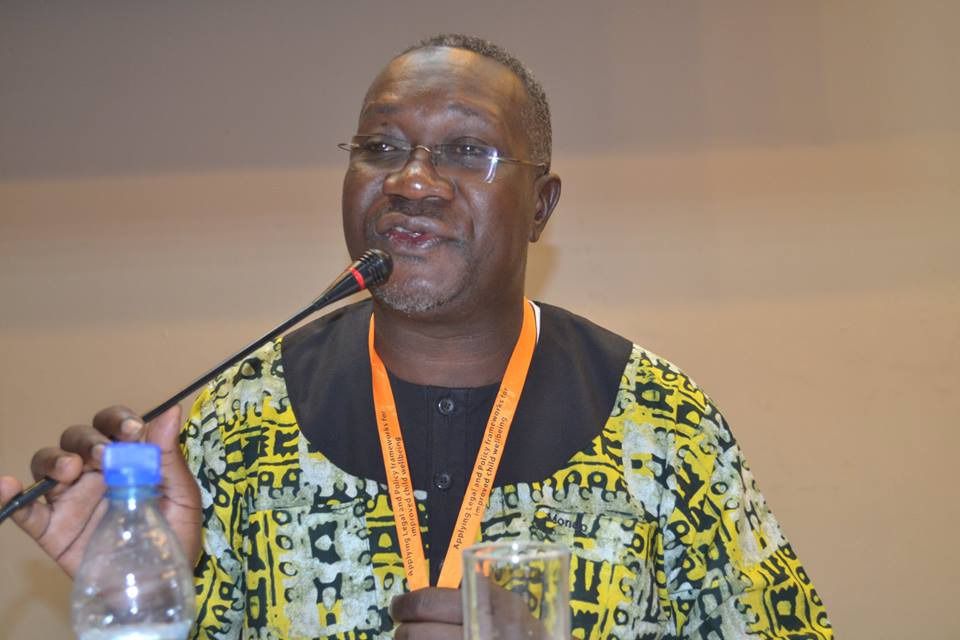As Uganda joined the rest of the world in marking International Men’s Day, government officials and community leaders urged men to take active responsibility for their children and families, emphasizing the importance of financial, emotional, and physical readiness before fatherhood.
Speaking at the inaugural Mwami (Mr.) Summit on Wednesday, the Assistant Commissioner for Youth and Children’s Affairs at the Ministry of Gender, Labour, and Social Development, Mondo Kyateka, highlighted the role of men as pillars of their homes.
He noted that the increasing number of sperm donors has contributed to a rise in single motherhood and street children, and called on men to exercise responsibility in family planning.
“Produce only children you can afford to take care of and shower them with love, care, protection, and nurturing. Be present in their lives. You have no contractual obligation to populate the world—everyone shares that responsibility. Fatherhood is a choice, and it comes with accountability,” Kyateka said.
The Mwami Summit, which brought together over 100 men, boys, and women, was organized by Reach Out Mbuya Community Health Initiative (ROM) and Roses of Mbuya Social Enterprise (ROMSE) under the theme: “Empowering Men as Role Models for Stronger Families and Communities.”
The Executive Director of ROM, Josephine Kaleebi, said the summit aimed to celebrate men’s health, wellbeing, and responsible masculinity.
She emphasized that men and boys, particularly from underserved communities in Kampala, face unique challenges such as mental health stigma, unemployment, lack of positive role models, and societal pressures that reinforce harmful masculinity norms.
“The Mwami Summit creates a safe and empowering platform to promote emotional wellness and physical health, champion responsible and respectful fatherhood, foster mentorship and community leadership, and challenge traditional notions of masculinity in positive ways,” Kaleebi said.
A Principal Education Officer at the Ministry of Education and Sports, Henry Semakula, added that there is an urgent need to dispel myths around gender roles in education and society.
He encouraged parents, educators, and policymakers to ensure that subject choices in schools are not dictated by gender stereotypes, but by individual interests and abilities.
The summit featured wellness screenings, mentorship sessions, skill-building workshops, and transformative dialogues aimed at equipping men and boys with the knowledge, tools, and confidence to become responsible fathers and community leaders.


